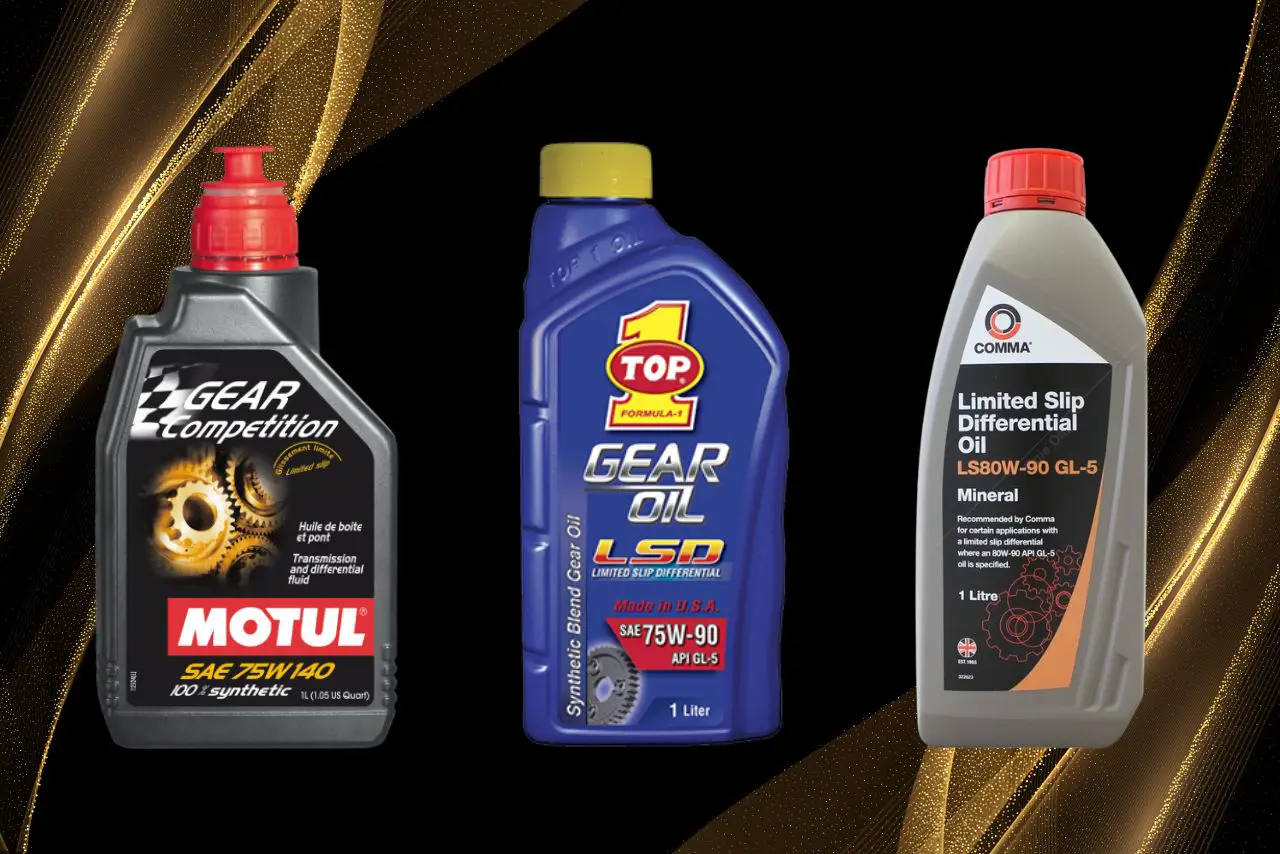Can You Mix Oil Brands? Yes, you can mix oil of different brands during the oil change of your car.
However, the more nuanced answer is that it depends on a variety of factors, including the type and age of your engine, the oil types you are mixing, and the compatibility of the oils themselves.
When it comes to maintaining our vehicles, we all want what’s best for them.
From the type of gasoline we use to the brand of tires we choose, every decision can make a significant impact on our car’s performance and longevity.
One area that often causes confusion among car owners is whether or not it’s safe to mix different brands of engine oil.
In this article, we’ll take a closer look at this topic and answer the question: Can you mix oil brands?
We’ll explore the potential consequences of mixing different types of oils, as well as discuss any exceptions to this rule.
So if you’re curious about whether or not it’s okay to combine different engine oils in your car, keep reading!
Understanding Oil Viscosity And Compatibility:
Understanding oil viscosity and compatibility is essential if you want to keep your engine running smoothly.
Different grades of oil have different viscosity levels, which can cause problems if they are mixed together.
Here are some key points to keep in mind when it comes to oil viscosity and compatibility:
Oil viscosity is a measure of how thick oil is and is determined by its temperature and the oil’s composition.
Thick oils are less compatible with other oils and can cause problems when they are mixed together.
Different grades of oil have different performance and reliability ratings.
It’s important to choose the right grade of oil for your vehicle, as improper combination can lead to engine damage or even engine failure.
It’s safe to mix different brands of engine oil, but it is important to check the oil compatibility chart to make sure the mixture will not cause harm to your engine.
There are several types of oil, including synthetic oil, mineral oil, and engine lubricant.
Each has its own unique properties and should be used in a specific manner to avoid problems.
Understanding oil viscosity and compatibility is essential if you want to keep your engine running smoothly.
Mixing Engine Oil Brands:
When you’re shopping for engine oil, it’s important to research different brands and choose one that is compatible with your vehicle and engine.
Different engine oils have different properties, which can impact how your car performs and how much fuel it consumes.
Potential Benefits And Risks, Including Impact On Engine Performance And Fuel Economy
Here are five things to keep in mind when mixing engine oil brands:
1. Engine oil compatibility is essential for ensuring optimal engine performance. Make sure the oil you choose is compatible with the type of engine and oil filter your car uses.
2. Mixing different grades of engine oil can cause damage to your engine.
Avoid mixing engine oils that are of different brands, oils of different viscosity (thickness), or oils of different types (synthetic, mineral, or conventional).
3. Mixing different brands of engine oil can also damage your engine.
Avoid mixing engine oils from different manufacturers, as the oil properties and performance of these products may be incompatible.
4. It’s important to always check the oil level and adjust it as needed. Do not mix different grades of engine oil without first checking the oil level and adjusting it as needed.
5. It’s also important to keep your engine oil fresh and replace it regularly to ensure optimum performance and fuel economy.
Mixing Synthetic And Conventional Oils:
It is important to be aware of the different oil brands and their respective performance specifications.
Not all oil brands are compatible with each other, and mixing them can have negative consequences on engine performance and lifespan.
The Impact Of Mixing Synthetic And Conventional Oil Brands On Engine Performance And Lifespan.
Here are a few things to keep in mind when mixing synthetic and conventional oils:
1. It is important to be aware of the oil grades and their respective performance specifications.
2. It is important to be aware of the oil materials and their respective performance specifications.
3. It is important to be aware of the oil types and their respective performance specifications.
4. It is important to be aware of the oil compatibility and oil mixture.
5. It is important to be aware of the oil types and their respective performance specifications.
Mixing Synthetic And Conventional Oils: Safety Precautions And Potential Damages To Vehicle Systems.
When you’re mixing synthetic and conventional oils, it’s important to take into account the safety precautions and potential damages to vehicle systems.
It’s also important to know the effects of mixing different grades of engine oil, and whether or not you can mix different brands of engine oil.
Here are a few things to keep in mind when mixing engine oils:
1. Always mix synthetic and conventional oils in a well-ventilated area. This is important to avoid any potential respiratory issues.
2. Make sure the oil containers are tightly closed before adding the oil to the engine. This will help to prevent the formation of oil vapor bubbles, which can damage the engine.
3. Be sure to use the correct grade of engine oil for your vehicle. If you’re not sure which oil to use, consult your vehicle’s owner’s manual.
4. It’s important to note that you should not mix different grades of engine oil. This can damage the engine and cause problems with oil compatibility.
5. Make sure the oil and engine are properly mixed before using the engine. If the oil is not properly mixed, it may cause damage to the engine.
Recommended oil brands and combinations for specific vehicle makes and models: Expert recommendations for ideal engine oil brands for specific vehicle makes and models.
When it comes to engine oil, it’s important to select the right brand and type for your vehicle.
Here are some of the best oil brands and combinations for specific vehicle makes and models:
- For gasoline engines: Chevron, Castrol, Pennzoil
- For diesel engines: Basf, Redline, VW, Audi, Skoda
- For both gasoline and diesel engines: Mobil 1, Shell, Chevron
- For hybrids: Castrol Syntec, Total, Chevro
- For those looking for a synthetic oil: Chevron MaxLife, Valvoline MaxLife, Pennzoil Full Synthetic
- For mineral oil: Quaker State, Royal Purple, Amsoil
Remember to always check the manufacturer’s instructions before mixing oil brands and types, as each car is different.
Additionally, be sure to check the oil compatibility chart to ensure that the oils you’re mixing are compatible.
Conclusion: Can You Mix Oil Brands?
In conclusion, it is possible to mix different oil brands when changing your vehicle’s oil.
But, it is important to use the same viscosity of oil that is recommended by your vehicle’s manufacturer and to make sure that the oil is of good quality.
The oil should always meet the minimum standards set by the American Petroleum Institute.
Mixing oil brands might have some advantages, such as saving money when buying oil or being able to use oil that is more readily available.
However, it is best to stick to what your vehicle’s manufacturer recommends and to follow their instructions.
FAQs
Can I mix different brands of oil?
Yes, you can mix different brands of oil, as long as they are the same weight and type of oil.
Is it safe to mix different oil brands?
Yes, it is safe to mix different oil brands as long as the oil is the same weight and type.
Can I mix synthetic and conventional oil?
No, you should not mix synthetic and conventional oil.
Will mixing oil brands affect the performance of my engine?
No, mixing different oil brands should not affect the performance of your engine.
Is it okay to mix different weights of oil?
No, you should not mix different weights of oil. The oil should always be the same weight and type to ensure optimal engine performance.






Leave a Reply